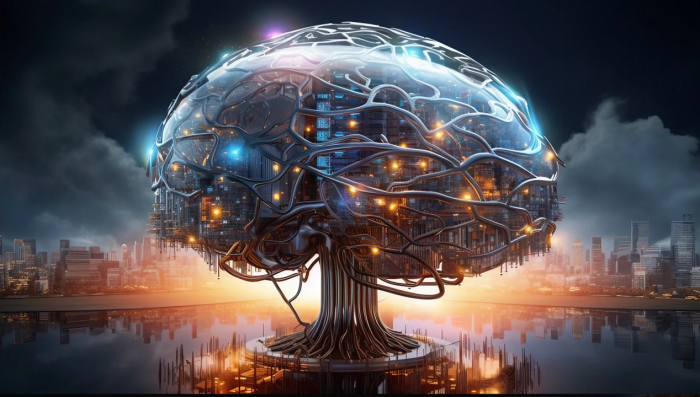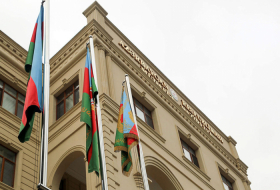The recent lightspeed development of Artificial Intelligence (AI) has given rise to deepfake (media edited or generated using AI tools) photos, videos or audio.
The scary part is that when they are generated through high-quality AI, they are virtually impossible to tell apart from the real ones. So, what do we do to fight these widespread deepfakes ranging from humorous memes and compromising photographs of state and public figures, to voice messages fabricated to interfere in the US presidential elections?
As even heads of states and high-ranking officials are exposed to deepfakes, the governments are forced to introduce preventive measures in the field, while it is no easy feat to levy war against ‘artificial fraud’ and disinformation.
Zhaxylyk Sabitov, a Kazakhstani political scientist, says the governments have not yet defined a coherent strategy in their joint fight against deepfake.
‘We live in a world, where disinformation can generate from the territories of any given country, which makes detecting the culprits rather difficult. Besides developing the necessary tools to protect themselves from the harmful AI, the countries must also have a general strategy for interaction. AI technologies have reached such a high that anything can now be ‘faked’ so that it is impossible to tell apart from reality. This makes joint efforts crucial’, Sabitov remarks.
Arman Abdrasilov, international IT and cyber security expert and a member of the UN Economic and Social Commission for Asia and the Pacific (ESCAP), states that the necessity has arisen for the Organization of Turkic States members to develop uniform standards to fight against deepfake.
‘As the countries employ different strategies, the overall fight struggles. What we need is a unified conceptual system. We must, of course, consider the unique AI laws enforced in each of the states while developing such a system’, Abdrasilov suggests.
Firudin Hamidli
More about:
















































